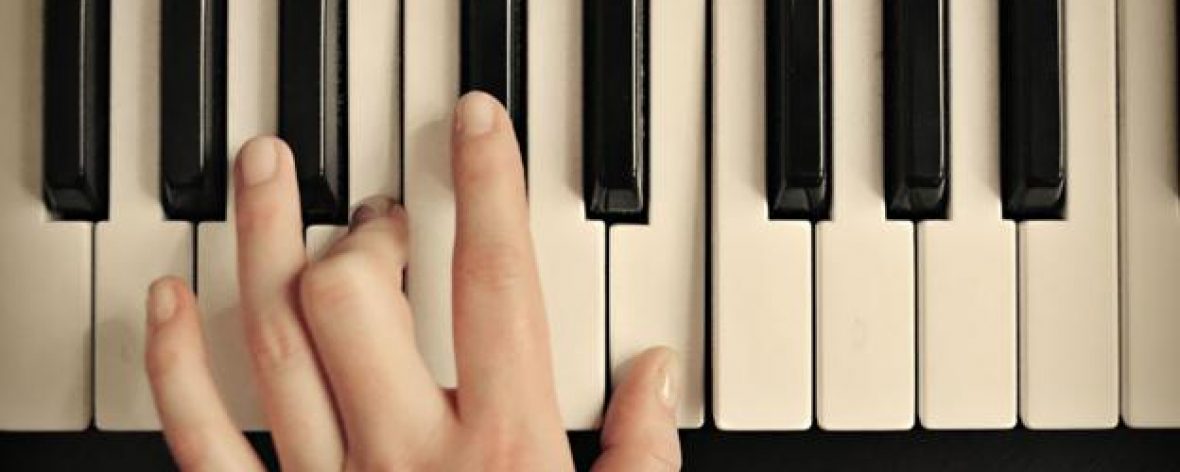When I was a child and teenager taking my piano exams, my teachers never talked to me about aspects like performance anxiety or stagecraft/presentation. I went to the exam centre on the allotted day/time, took the exam and went home to await the results. I don’t recall ever being that nervous, perhaps because no teacher ever discussed the anxiety of performance with me…..
In supporting my students as they approach their grade exams, I have a number of tried and tested strategies to ensure they go into the exam room feeling confident, poised and, above all, well-prepared.
The late great Russian pianist Vladimir Horowitz used to say “I know my pieces” ahead of a performance. This is an important mantra: knowing one is well-prepared for an exam or other performance is a crucial aspect of exam preparation and can go a long way in alleviating anxiety, allowing one to play with confidence and musical vibrancy.
For students (with the support of their teacher) this means ensuring pieces are well-learnt and finessed. I encourage my students to think about the individual characters of their exam pieces (and we always try to select a “mini programme” of contrasting styles and moods to allow the student to demonstrate a broad range of technical and musical skills) and how they would like to highlight these characteristics in performance. At least a month ahead of the exam date, I expect students’ pieces to be “concert ready” and we do practise performances in lessons to focus on stagecraft and presentation. Occasionally, a piano teaching friend will come and listen to my students (and vice versa): this is a useful activity as it sets the bar slightly higher for the student by having another person/listener in the room.
In practising technical work (scales/arpeggios and exercises) I encourage accuracy, fluency and musicality. Easy marks can be picked up if technical work is well-learnt and played with good quality of sound and rhythmic cadence (I’m sure examiners would rather hear “musical” scales than monotonous, robotic scales).
I ensure that the other aspects of the exam – aural, sight-reading, musical knowledge – are all well-known and practised well in advance of the exam date.
All these things build confidence, but despite the best efforts of a sympathetic and well-organised teacher, many students feel consumed with anxiety when approaching their music exams. Perfectionist attitudes, issues with confidence and self-esteem, the feeling of being “on show”, exposed on stage or in the exam room, parental pressure, and an understandable wish to do one’s best all contribute to feelings of anxiety. In addition, a previous unhappy exam or performance experience can trigger feelings of inadequacy or nervousness.
When I taught younger children, I tried to make the exam experience feel like an adventure, something exciting and different, and a chance to “show off what you can do”. For all students, I urge them to treat the exam as a “performance” or “mini concert”, and to try and step back from the feeling they are being “judged” and to enjoy the experience, as far as possible.
Specifically in relation to performance anxiety, I reassure students that feeling nervous is “normal” and that top international musicians feel nervous too. We discuss the “whys” and “hows” of anxiety so that they understand it is a natural physiological response (“fight or flight response”) as well as an emotional one. I encourage students to come up with ways to help them personally manage their anxiety – these may include recalling a previous successful/enjoyable performance, using visualisation techniques, NLP, deep breathing and positive affirmation (“I can do it!”). Above all, I remind them that examiners are not looking for bland note-perfect performances but for music which is vibrant and expressive, with good attention to details of dynamics, articulation etc. And I reassure them that I will not be “cross” or disappointed if they don’t achieve a certain mark, that I want them to do their best and enjoy the experience.
For older/more advanced students, exam preparation also involves some discussion about the process of practising and what has been achieved to arrive at the point where the music is ready to be put before an examiner or audience. This understanding of the process and journey of learning is particularly important and helps students see exams in the wider context of ongoing musical development, maturity and progression.
To all students, young and old, beginners to advanced, Good Luck with your exams this summer!

